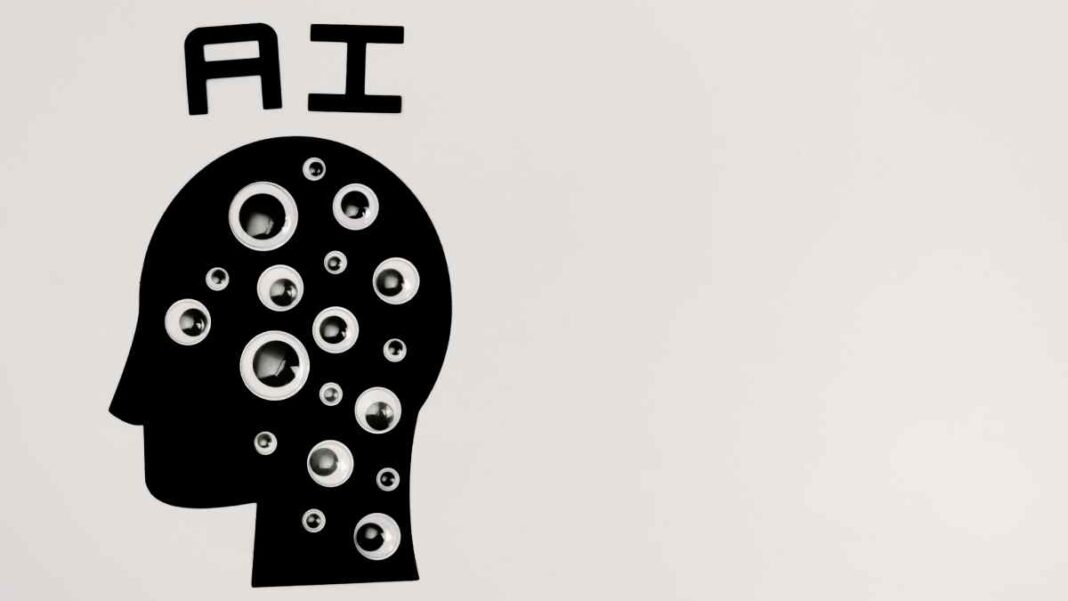FRANCE: The call by UNESCO for an ethical framework for AI systems is a crucial step towards ensuring that these technologies are developed and used in a way that respects human rights and promotes human well-being.
As AI continues to advance, it has the potential to bring about many benefits, but also many untoward situations, such as discrimination and stereotyping, and the issue of gender inequality. Therefore, it is important to have a framework that guides the development and use of AI systems in an ethical, transparent, and accountable way.
The four key principles outlined by UNESCO in the ethical framework—respecting human autonomy and dignity; preventing harm; ensuring fairness; and ensuring explicability—are all important and should be taken into consideration by governments, developers, and users of AI systems.
Respecting human autonomy and dignity means that AI systems should not be used to infringe on individual rights and freedoms and that individuals should have control over their personal data.
Preventing harm involves ensuring that AI systems are not used in a way that harms individuals or groups of people and that their use does not contribute to social or environmental problems.
Ensuring fairness means that AI systems should be designed and used in a way that is fair, does not lead to discrimination or bias, and does not perpetuate or reinforce existing inequalities.
Finally, explicability means that AI systems should be transparent and understandable, and that their decisions and actions should be explainable.
In order to strongly and responsibly control the development of AI, UNESCO has also urged for the creation of a readiness assessment tool in addition to the ethical framework.
This tool will assist nations in identifying the abilities and skills needed in their labour force to responsibly govern the growth of AI. This is important because AI technologies are advancing rapidly, and it is important that governments and other stakeholders are equipped with the necessary skills and knowledge to regulate their development and use.
More than 40 nations are already collaborating with UNESCO to put the advice into practise and set up national-level AI checks and balances. This is a positive step towards creating an ethical AI framework that can be implemented globally.
However, all countries must join this effort and work towards creating an ethical AI framework. This will require collaboration between governments, developers, and users of AI systems, as well as ongoing research and development, to ensure that AI technologies continue to be developed in an ethical, transparent, and accountable way.
Also Read: UNESCO World Heritage Sites In Delhi



